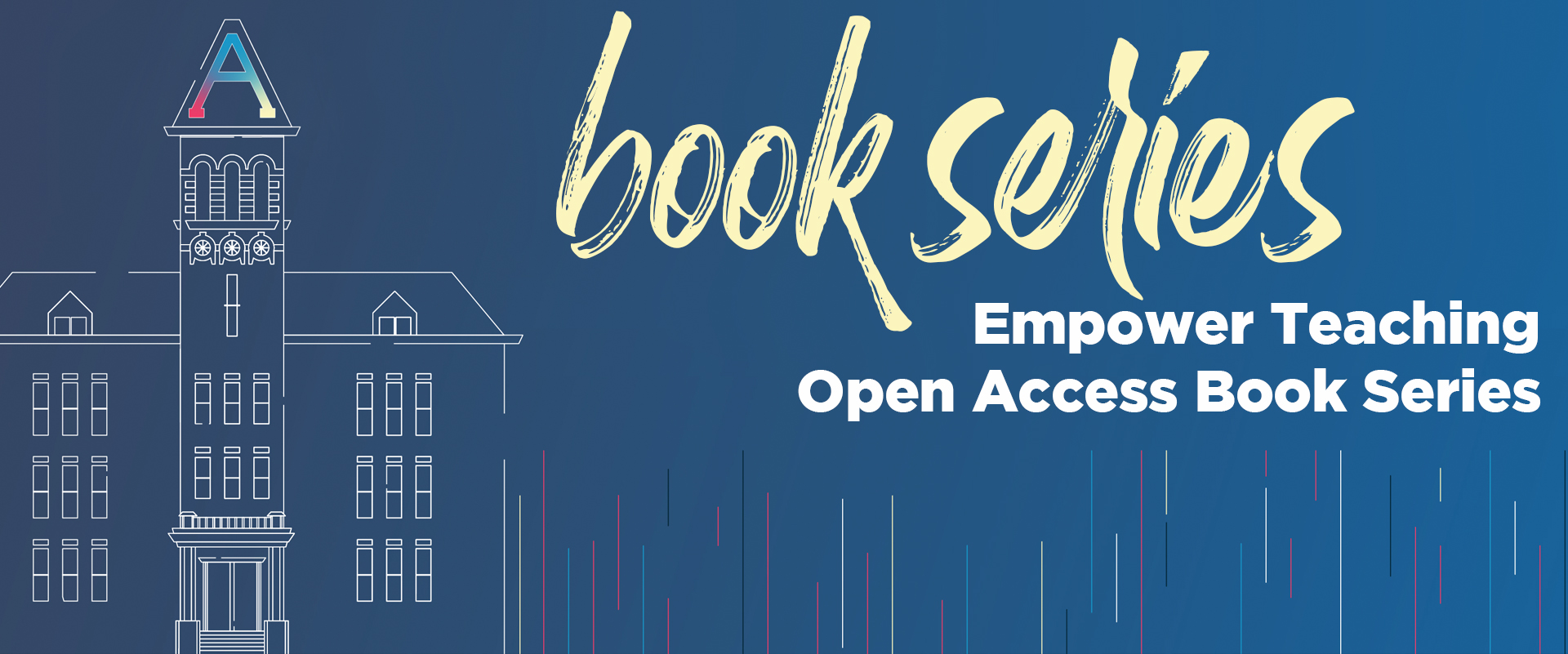Document Type
Chapter
Journal/Book Title/Conference
Making Connections: A Handbook for Effective Formal Mentoring Programs in Academia
Editor
David Law & Nora Domínguez
Publisher
Utah State University
Publication Date
5-15-2023
First Page
336
Last Page
346
Creative Commons License

This work is licensed under a Creative Commons Attribution-Noncommercial-No Derivative Works 4.0 License.
Abstract
The Aspiration for Women’s Advancement and Retention in Engineering and Sciences (AWARES) mentorship program was designed to support women in science, technology, engineering, and mathematics (STEM) majors as they transition from their undergraduate degree programs to the workforce. The AWARES program was structured around topics relevant to women in STEM careers, including but not limited to interviewing and job offer negotiation, career development, navigating social dynamics in the workplace, and establishing and growing a professional network. Based in tenets of social cognitive theory, AWARES aims to use expert and group mentorship to increase young women’s self-efficacy for career-related soft skills that are associated with retention in STEM professions. We examined quantitative and qualitative outcomes for both mentors and mentees and found that women graduate the program with high levels of self-efficacy and that mentors also feel highly efficacious in their mentorship roles. In addition to mentee and mentor outcomes, quantitative and qualitative evaluation of the program was conducted so that participant feedback can be considered for future iterations of AWARES. Finally, program design, sustainability, and lessons learned are also discussed.
Recommended Citation
Yu, Shirley L.; Black, Arianna; and Kaletunç, Gönül, "Chapter 16- Becoming AWARES: Mentoring Undergraduate Women in Engineering and Sciences" (2023). Making Connections. Paper 18.
https://digitalcommons.usu.edu/makingconnections/18



Comments
The Aspiration for Women’s Advancement and Retention in Engineering and Sciences (AWARES) mentorship program was designed to support women in science, technology, engineering, and mathematics (STEM) majors as they transition from their undergraduate degree programs to the workforce. The AWARES program was structured around topics relevant to women in STEM careers, including but not limited to interviewing and job offer negotiation, career development, navigating social dynamics in the workplace, and establishing and growing a professional network. Based in tenets of social cognitive theory, AWARES aims to use expert and group mentorship to increase young women’s self-efficacy for career-related soft skills that are associated with retention in STEM professions. We examined quantitative and qualitative outcomes for both mentors and mentees and found that women graduate the program with high levels of self-efficacy and that mentors also feel highly efficacious in their mentorship roles. In addition to mentee and mentor outcomes, quantitative and qualitative evaluation of the program was conducted so that participant feedback can be considered for future iterations of AWARES. Finally, program design, sustainability, and lessons learned are also discussed.